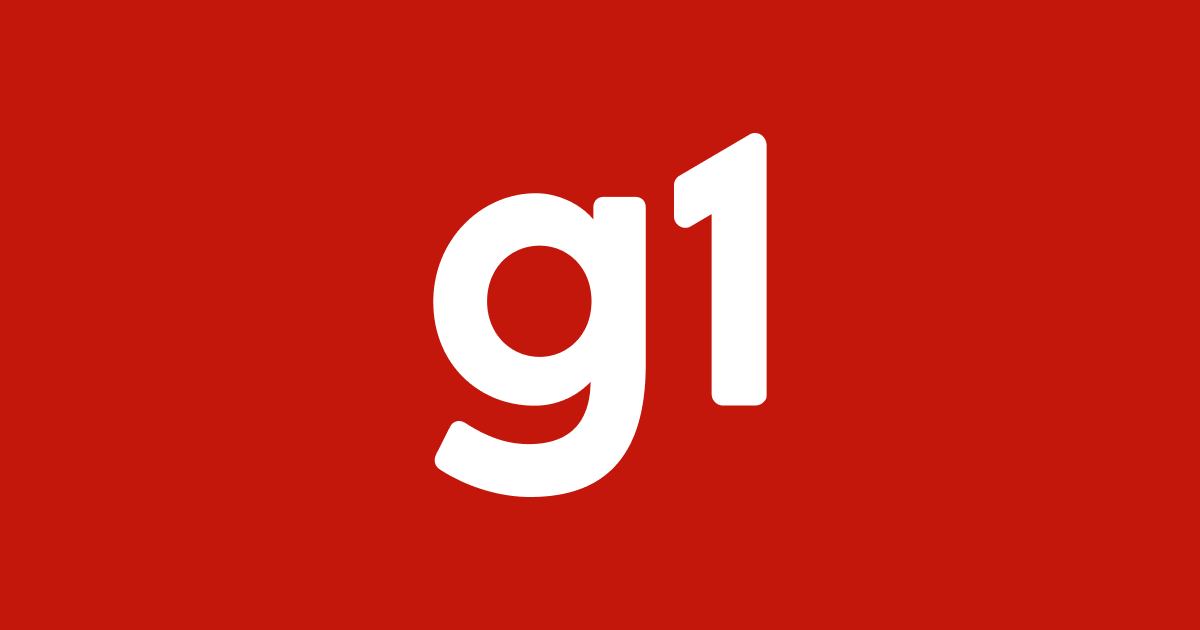Among the many important names in the Democratic Party who have publicly expressed their support since Sunday (21/7) for US Vice President Kamala Harris to be the party’s candidate in the November 5 elections, there is one notable absence: the absence of former President Barack Obama (2009-2017).
Shortly after announcing he was dropping out of his re-election bid, President Joe Biden offered his “full support and endorsement” for the vice president to replace him in the race against former President Donald Trump.
Since then, Harris has quickly gained the endorsements of figures such as former President Bill Clinton (1993-2001) and former Secretary of State and party nominee in 2016, Hillary Clinton, as well as several members of Congress in both the Senate and House of Representatives.
Several Democratic governors have also expressed support for Harris, including Gavin Newsom (California), Gretchen Whitmer (Michigan), J.B. Pritzker (Illinois), Andy Beshear (Kentucky), Wes Moore (Maryland), Josh Shapiro (Pennsylvania), Roy Cooper (North Carolina) and Tim Walz (Minnesota).
Former House Speaker Nancy Pelosi, who has strong influence in the party, announced on Monday (22/7) her “official, personal and political” support for Harris.
“It is with great pride and boundless optimism for the future of our country that I endorse Vice President Kamala Harris for President of the United States,” Pelosi said in a statement.
However, former President Obama did not mention Harris by name in a tribute to Biden — who was his vice president — published Sunday.
“We will be navigating uncharted waters in the days ahead,” Obama said. “But I have extraordinary confidence that the leaders of our party will be able to create a process that will produce an exceptional candidate.”
Obama called Biden “one of America's most important presidents, as well as a dear friend and partner” and “a patriot of the highest order,” and said the president “has every right to run for re-election and finish the work he started.”
“Joe never backed down from a fight,” Obama wrote. “Looking at the political landscape and deciding whether to pass the torch to a new candidate is certainly one of the hardest things you will ever do.”
“I believe Joe Biden’s vision of a generous, prosperous, united America that provides opportunity for all will be on full display at the Democratic Convention in August. And I hope that each of us will be prepared to carry that message of hope and progress into November and beyond,” the former president said.
Caution in supporting candidates
The former president's silence on Harris drew attention, but political analysts recall that Obama took a similar stance in the 2020 election.
Obama resisted pressure to formally endorse Biden before then-candidate Bernie Sanders dropped out of the race.
“Barack Obama has been very cautious throughout his career about supporting (candidates), especially in the presidential race,” political scientist Michael Traugott, a professor at the University of Michigan, told BBC News Brazil.
“So I don’t think it’s surprising that he hasn’t endorsed Kamala Harris yet,” he says. “But I have no doubt that he will fully support her once her nomination is formalized.”
Traugott notes that Harris is not technically the Democratic nominee yet, and stresses that that can only happen when the party's 4,672 delegates vote.
“Whether it's in a few weeks or in a month, at the convention in Chicago, I'm sure Obama at that point will fully support her candidacy,” he says.
The support Harris has received so far is significant, but it does not guarantee her candidacy, and is just the first step in the process that will determine who will face Trump at the ballot box in November.
Democratic leaders plan to meet this week to discuss details of how to carry out this process.
While Harris has already secured the endorsements of several influential figures in the party, many Democrats prefer a competitive process at the national convention, which will be held from August 19 to 22 in Chicago.
One argument is that too quick an endorsement could attract criticism that Harris's potential selection was rushed and raise doubts about her abilities as a candidate.
In a post on social media after Biden's announcement, Harris said she was “honored to receive the President's endorsement” and that her intention “is to earn and win this nomination (to be the Democratic nominee).”
Also on Sunday, the Democratic campaign officially updated its filings with the Federal Election Commission and renamed its main committee “Harris for President.”
